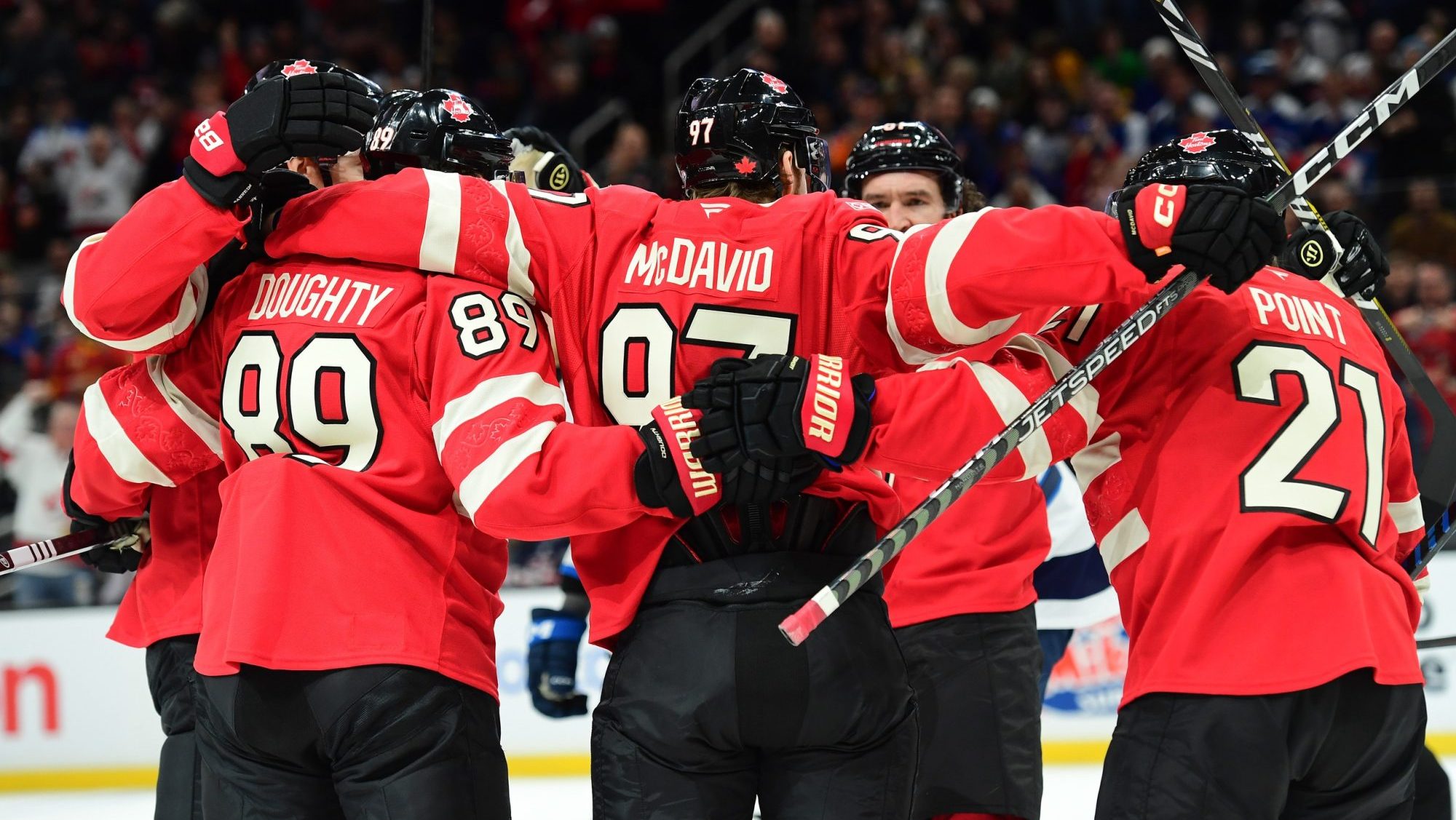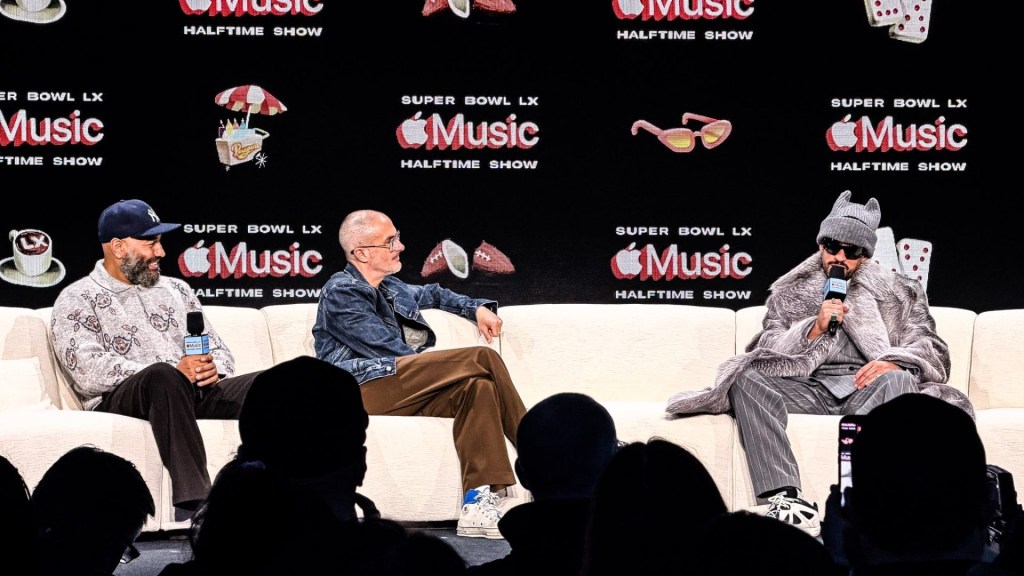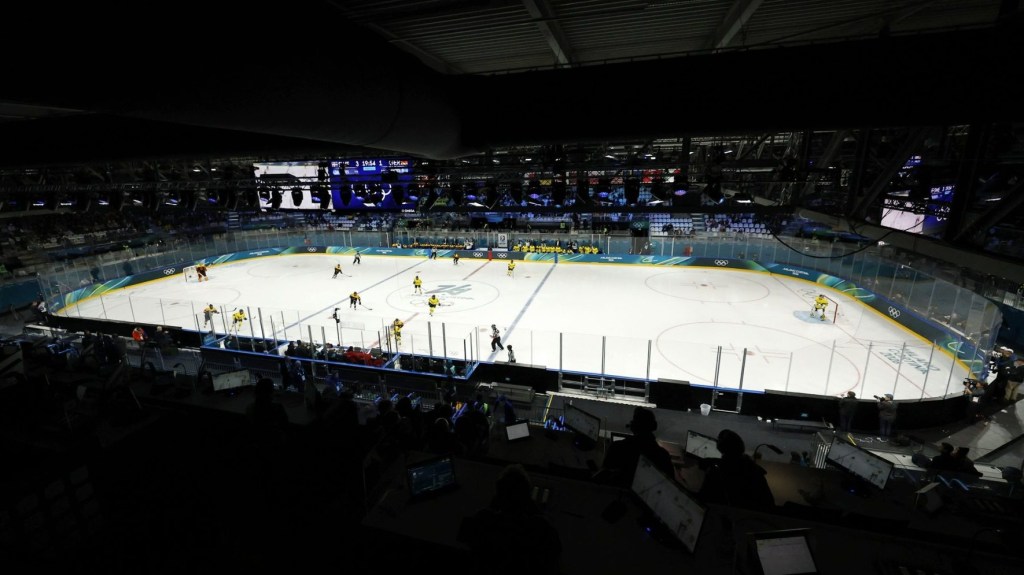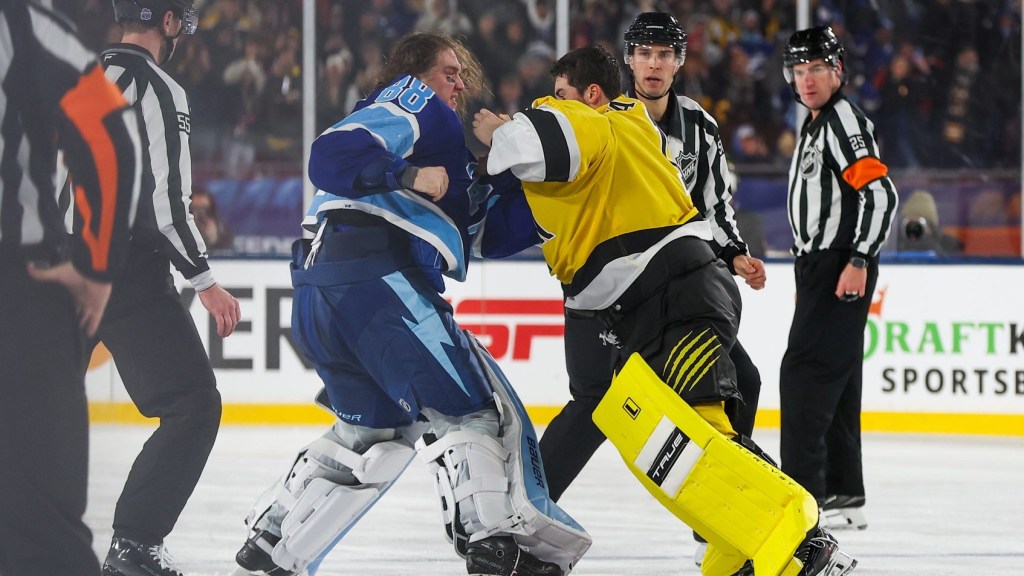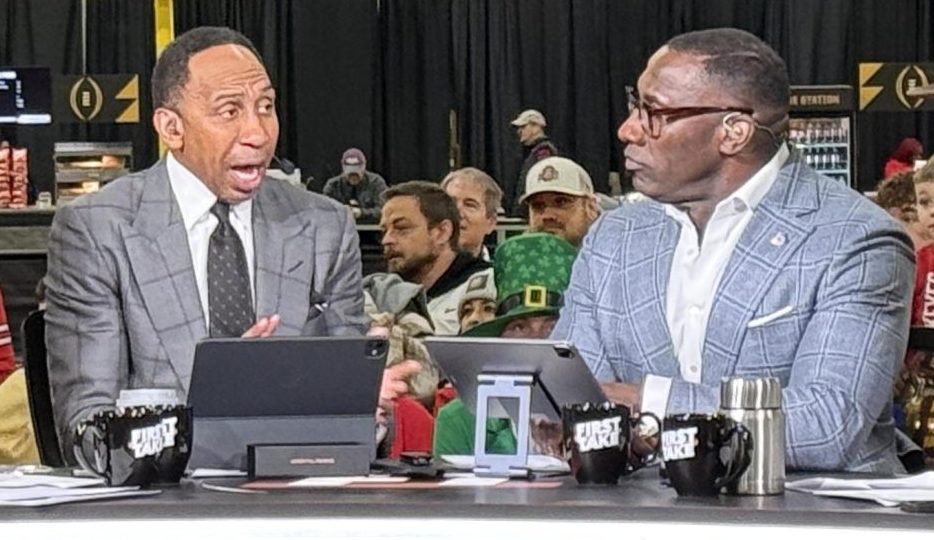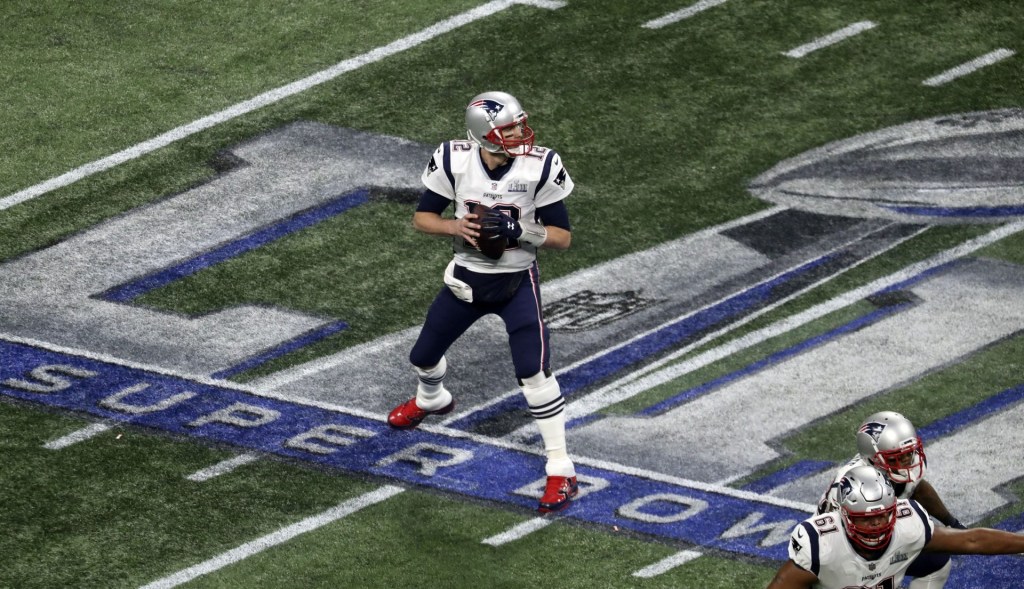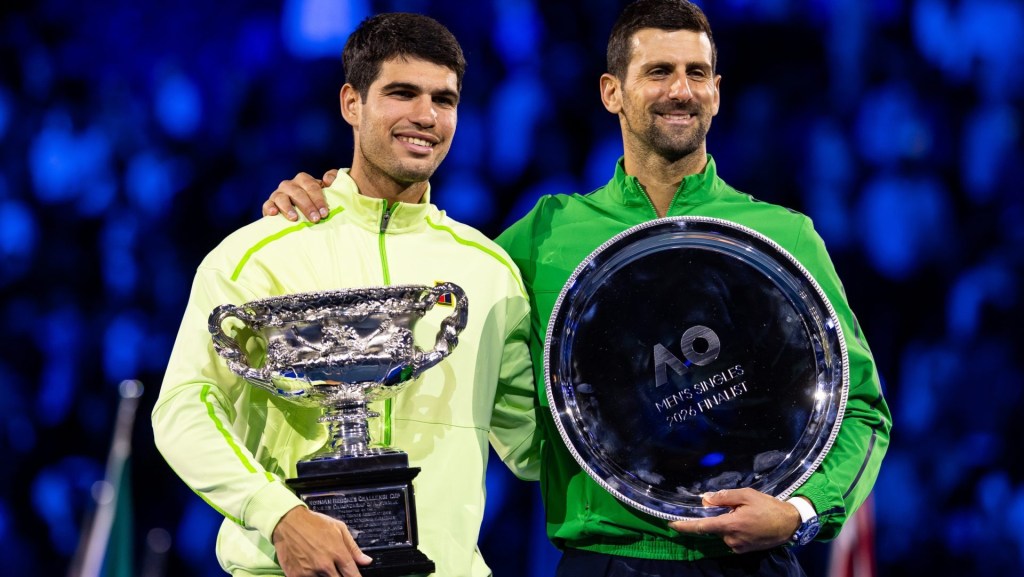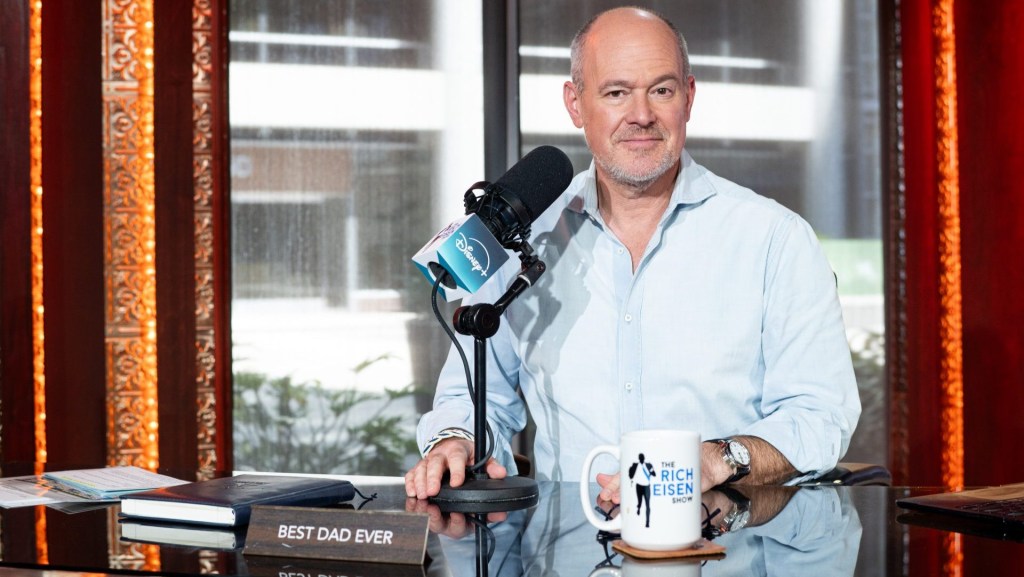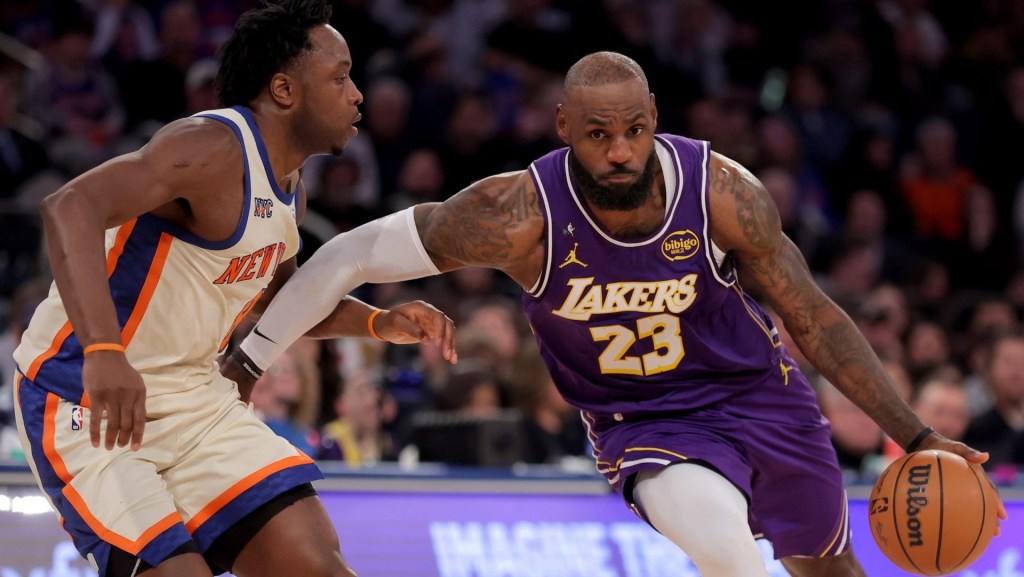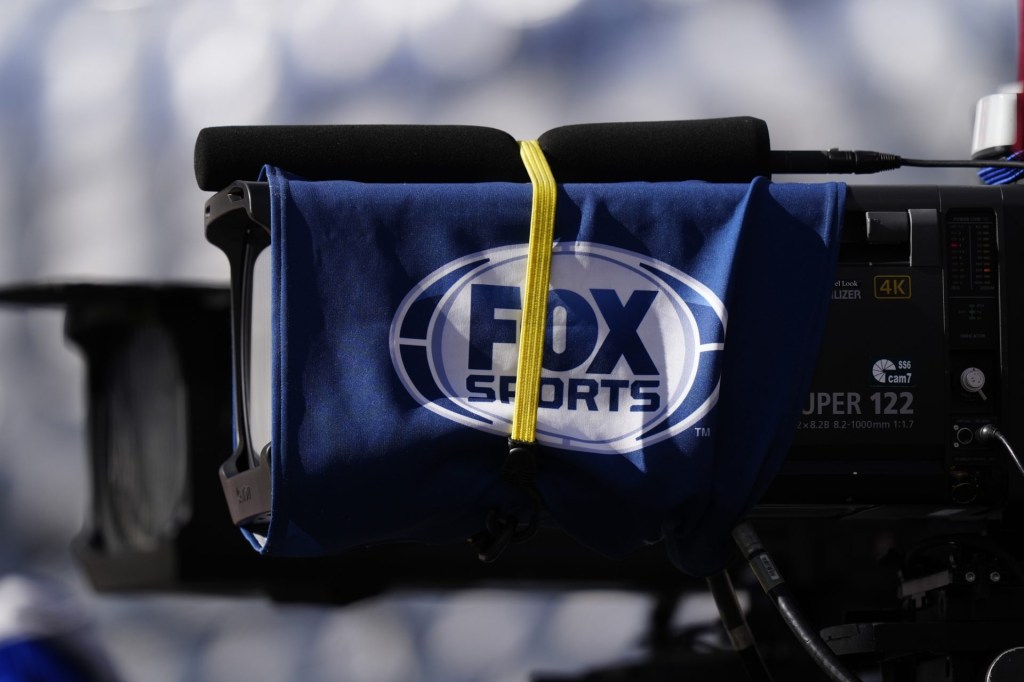It’s no secret that Thursday’s final of the 4 Nations Face-Off will be a massive event for hockey, but the U.S.-Canada game is also primed to be one of the most-watched broadcasts on Canadian television.
The title matchup in Boston is fetching hefty prices on ticket resale markets and garnering Stanley Cup Final–level coverage in the U.S. on ESPN. In Canada, however, even more can be said of the broadcast plans for the highly anticipated clash.
The game will be shown in Canada on Sportsnet, owned by the powerful Rogers Communications, and the French-language TVA Sports. Both networks have relentlessly covered the tournament, and expectations are rising for a historic viewership total for the final.
A prior 4 Nations Face-Off matchup between the two teams averaged roughly 5.7 million viewers in Canada, a country of about 40 million people. That figure surpassed a U.S. total of 4.4 million and represented the most-watched hockey broadcast outside of a Stanley Cup Final since 2019.
Not only did the Canadian audience beat the hefty U.S. one despite having about 12% of the population, the figure is roughly equivalent to an American viewership of more than 48 million. Such a total is higher than what the recent NFC championship game drew in the U.S.
As a result, the 4 Nations Face-Off final is becoming a Super Bowl–level event in Canada. Earlier this month, Super Bowl LIX, which drew record-level U.S. viewership, had an average Canadian audience of 8.5 million. The hockey game Thursday is poised to at least challenge that figure, if not beat it.
Bigger Trends
Just like in the U.S., the list of all-time television viewership in Canada is dominated by sports. In particular, the 2010 Winter Olympics in Vancouver claimed the top six slots.
The No. 1 broadcast is the men’s ice hockey final in those 2010 Olympics, which was a U.S.-Canada matchup dramatically ended by a Sidney Crosby overtime golden goal that is now a pillar of Canadian hockey lore. The average audience of 16.6 million represented nearly half of the Canadian population at the time, and 80% of the country watched some part of that event.
Given the Olympics’ established nature and the fact those Games were in Canada, it’s difficult to foresee the 4 Nations Face-Off rising to that level. The new event, however, taps into much of the same citizen pride and widespread love for Canada’s national winter sport.
A heightened geopolitical context also surrounds the 4 Nations Face-Off with U.S. President Donald Trump openly angling for Canada to become the 51st state—an idea sharply rebuked by many Canadians. Many of those tensions have filtered their way to the ice, where the prior U.S.-Canada game in the 4 Nations Face-Off featured three fights in the first nine seconds of play. There additionally have been widespread boos of the U.S. national anthem during tournament games in Canada. Such boos have been increasingly common in regular-season NHL games amid an additional tariff battle.
Neither of the Canadian networks has issued a formal audience expectation for the 4 Nations Face-Off final, nor did Numeris, which measures viewership in Canada. Rogers, however, released tournament-related poll data Thursday that referenced the broader political issues, and said that roughly 60% of surveyed Canadians would find a victory “even more meaningful given the threats to Canada’s economy and national sovereignty.”
